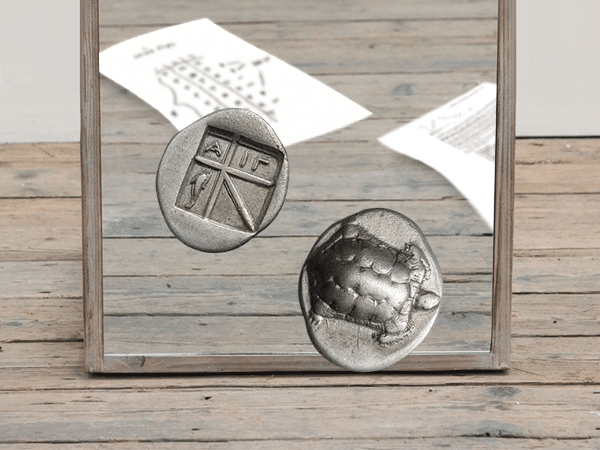Why do people flip coins to resolve disputes? It usually happens when neither of two sides wants to compromise with the other about a particular decision. They choose the coin to be the unbiased agent that decides whose way things are going to go. The coin is an unbiased agent because the two possible outcomes of the flip (heads and tails) are equally likely to occur.
Bayes’ Theorem: An Informal Derivation
If you’re reading this post, I’ll assume you are familiar with Bayes’ theorem. If not, take a look at my introductory post on the topic.
Here I’m going to explore the intuitive origins of the theorem. I’m sure that after reading this post you’ll have a good feeling for where the theorem comes from. I’m also sure you will find the simplicity of its mathematical derivation impressive. For that, some familiarity with sample spaces (which I discussed in this post) would come in handy.
So, what does Bayes’ theorem state again?
What Is a Sample Space?

For example, the sample space of the process of flipping a coin is a set with 2 elements. Each represents one of the two possible outcomes: “heads” and “tails”. The sample space of rolling a die is a set with 6 elements and each represents one of the six sides of the die. And so on. Other terms you may come across are event space and possibility space.
Before getting to the details of sample spaces, I first want to properly define the concept of probabilities. [Read more…]

